
Holding On to Teshuva
A person says, “But things really aren’t working out for me!” The Rebbe says, "When are you going to give up this 'ME' business? You're not the center of the universe…"

Translated by Aaron Yoseph
Rebbe Nachman teaches (Likutei Moharan, I:6), “A person has to constantly hold on to the attribute of teshuvah.”
Seemingly, teshuvah should hold on to us, not the other way around. Imagine if Yom Kippur would stay with you for the whole year long. Ah! That would be so good. Yom Kippur is like a space rocket, which takes you into the heavens. The Zohar HaKadosh calls it “Noah’s Ark”. Outside there’s a flood. Inside it’s quiet, warm, and cozy, with a splendorous light shining. This is Yom Kippur – the light of teshuvah that shines to us. Chanukah is Yom Kippur all over again. We refresh ourselves to live with the light of Yom Kippur, with the stamp of life.
But a week goes by, and each person has his own story of what he goes through, whether it’s income problems or all sorts of other difficult challenges. The week could have been a week of serving Hashem, just like the Rebbe wants us to live a week. A week of truly living, a week like Yom Kippur, a week where we hold onto serving Hashem. What is serving Hashem? Simply, it’s to come back to Hashem. To be 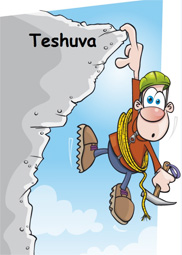 close to Him. This is the most important thing in life.
close to Him. This is the most important thing in life.
“We have to always hold onto…” – to live with this, with serving Hashem, with being close to Him. Then, automatically, we have nothing to do with other things.
All this is connected with what we’ve learned before. The Rebbe has told us why we need to hold on to teshuvah. We can experience having our hearts and minds illuminated with the light of Gan Eden. It can be so sweet. Each day you can feel that you’re coming closer to Hashem. Every day you can experience tremendous spiritual satisfaction, like someone who makes a huge profit every day, or someone who’s very successful in his learning – he’s learnt a few pages of Gemara and he’s full of life and satisfaction. “Hashem has honored me. He’s given me the opportunity to wear tzitzit and learn His Torah. I am doing His will!”
But on the other side, a person is capable of becoming a partner with Pharaoh and the wicked Greeks. A person needs to decide which way he’s going. One way is beloved to Hashem, the other is hated by Him. A person can spend all day thinking about what he’s been through and is going through; about what’s going to be with him; about how he hasn’t gotten anywhere in life, about how he hasn’t succeeded – all sorts of ruminations about himself. But when a person does this, he doesn’t grasp that his entire experience is caught up in thinking about things that he wanted, didn’t get, and his disappointment about that. He’s disappointed, and this disappointment is painful. But this is the last stop for mankind. He’s not even twenty years old yet, and he’s arrived at the final stop. His whole life is about what he’s been through. He can’t pray and he can’t learn. He can’t even say the words.
The Rebbe teaches us that when we wanted to pray, but couldn’t, then the desire we had to pray is considered a sacrifice. You really wanted to do it, but it didn’t work out – you were slaughtered. That’s considered a sacrifice. About this it says, “For you we were killed all day long, we were considered like sheep for the slaughter.” But a person just thinks that things aren’t working out for him, and that the whole week was wasted. The Rebbe says, “No! You offered up your blood and fat – because you wanted to do good things, and it just didn’t work out.” When you teach someone this, he doesn’t really grasp it. A person says, “But things really aren’t working out for me!” When are you going to give up this “ME” business? Your “me” isn’t the center of the universe. The central focus of the Universe is to honor Hashem. Hashem has given you the honor to honor Him. The angels are jealous of you. All they can do is say, “Kadosh, Kadosh…” But you can honor Hashem with your brachot (blessings), with Kriat Shema, and with your prayers.
But there’s something that keeps us trapped in prison. We don’t appreciate the value of teshuvah, of being close to Hashem. And the tikkun of this itself is to do teshuvah. We need to fix and correct the dinim and kelipos that bring us into this prison of self-focus and egotism. The Rebbe comes and gives us the gift that can get us out of this. “A person has to minimize his own honor.” Whatever enters your mind, you step back for a moment. “One minute, if there’s anything here to do with me and my honor – something that’s paining me, then it’s just illusions.” Minimize this. This is the light that we received on Har Sinai. This is the light of Chanukah, that extricates us from the grips of the Greek Hellenism. The Greek philosophy was all about the self – how great I am, I’m a psychologist, and I’m physically strong and powerful. The Greeks need psychologists, because they go mad from all their nonsense! When a person is caught up in all the vanities of this world, he experiences darkness – the Greek darkness, and he feels like he “has no portion in the G-d of Israel.”
Whoever thinks about his own honor is like Pharaoh, Haman, Nebuchadnezzar. It’s all the same ideology – “I’m the King and you need to bow down to me.” This is the attribute of din, and we fall back into it every day. The proof of this is – that I’m repeating last week’s shiur! We forget these ideas instantly. But when someone wants to remember, he succeeds. Each time he digs his way back to honoring Hashem. He understands that he needs to fall and fall, over and over again, because this is the correction of whatever sins and blemishes he’s made. This is Gehinom (hell), but it’s also the tikkun. He just needs to keep digging his way back out again. He doesn’t ruminate about why he’s fallen again, or about how many times he’s fallen, or worry about how many times he’ll fall again in the future. He just comes back to Hashem – today.




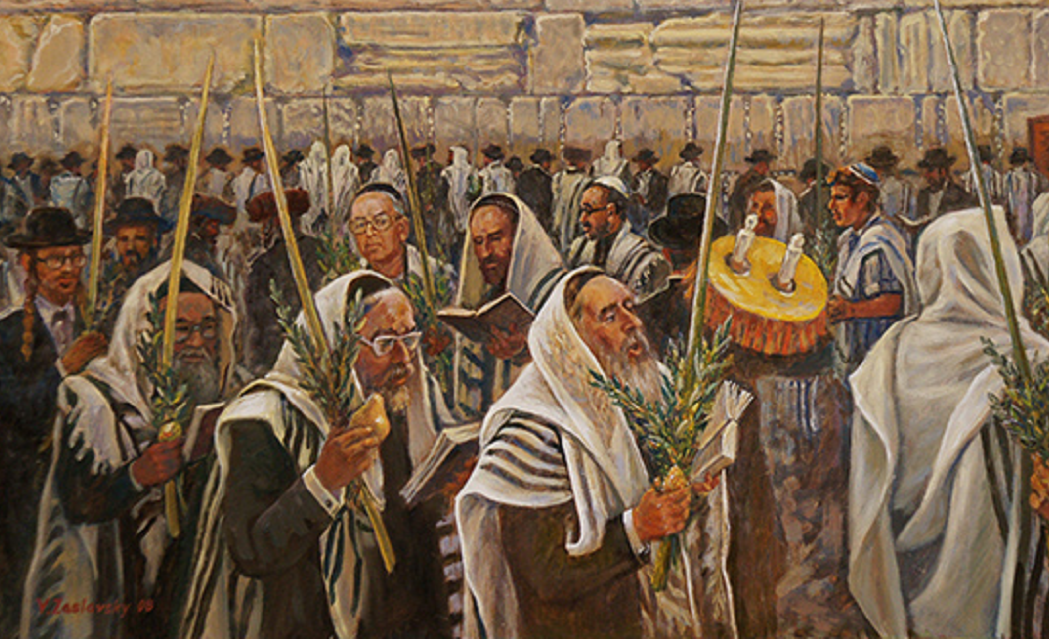
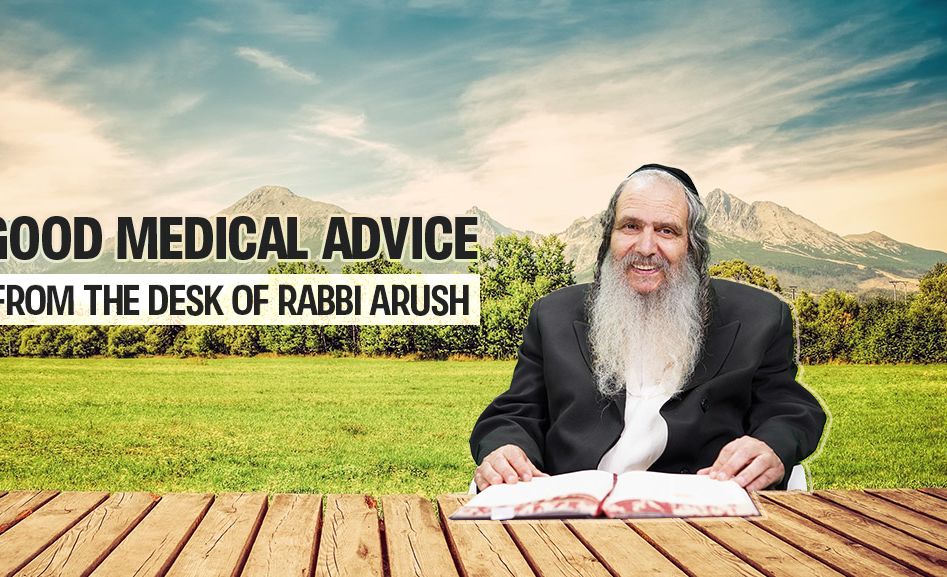

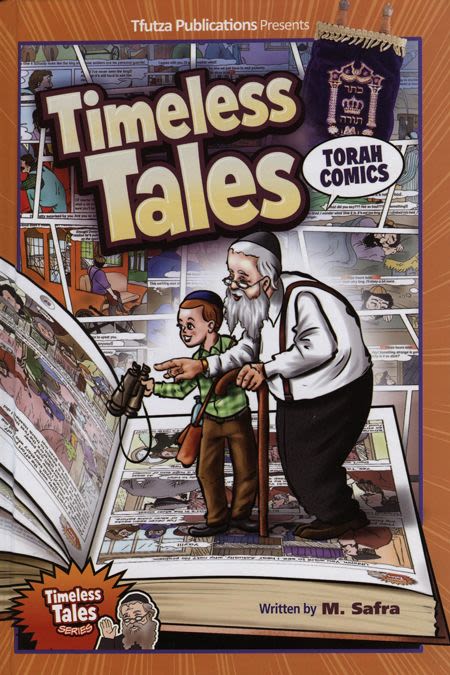
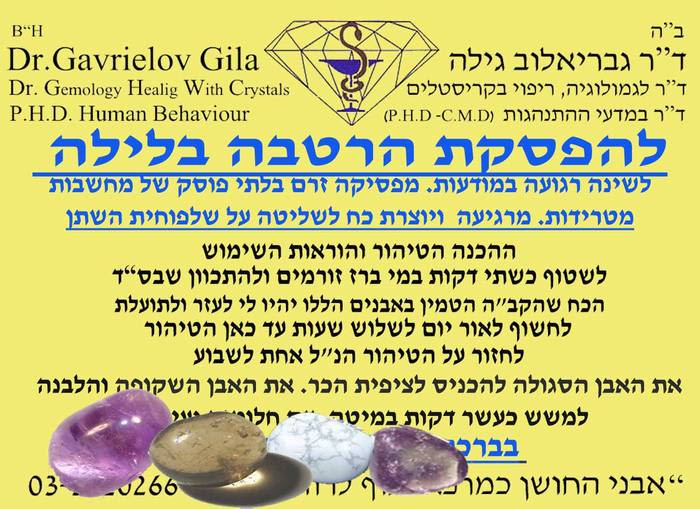

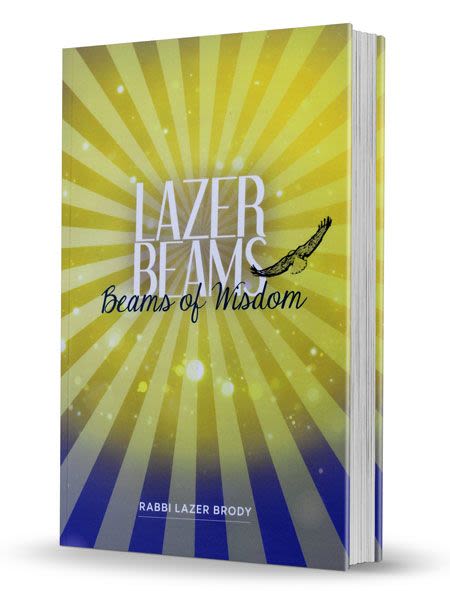

Tell us what you think!
Thank you for your comment!
It will be published after approval by the Editor.